All-women student team at University of Kent secures European Space Agency backing
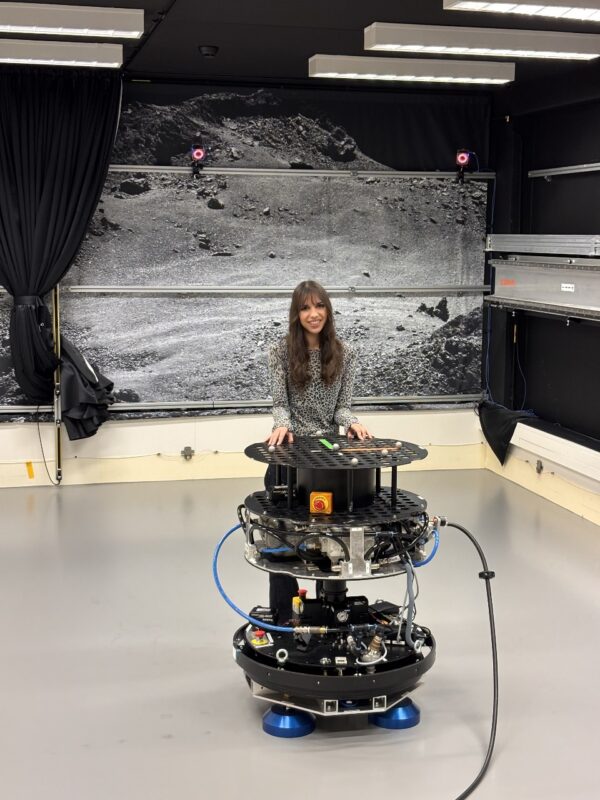
University of Kent Psychology School Partners with ESA
Emily Perry, a PhD student at the University of Kent’s School of Psychology, is part of a pioneering all-female research team supported by the European Space Agency (ESA) Academy Experiments Programme. Their project will explore how non-invasive brain stimulation affects the human brain under spaceflight conditions.
The team, known as V-STARS (Vestibular Stochastic Techniques for Adaptive Responses in Spaceflight), marks a notable achievement in the space sector, where women make up just 20% of the workforce. They will carry out their research using ESA’s Orbital Robotics Lab (ORL) platform – a state-of-the-art system that simulates microgravity by creating a floating sensation. This will be the first human-focused experiment ever conducted using the ESA’s robotic weightlessness platform, an important category and subject of research.
The research from The University of Kent aims to determine whether galvanic vestibular stimulation—a technique that targets the brain’s vestibular (balance) system—can support cognitive and perceptual adaptation to microgravity. Since space environments can significantly disrupt the balance system, this approach could offer promising ways to improve astronaut performance and wellbeing during missions.
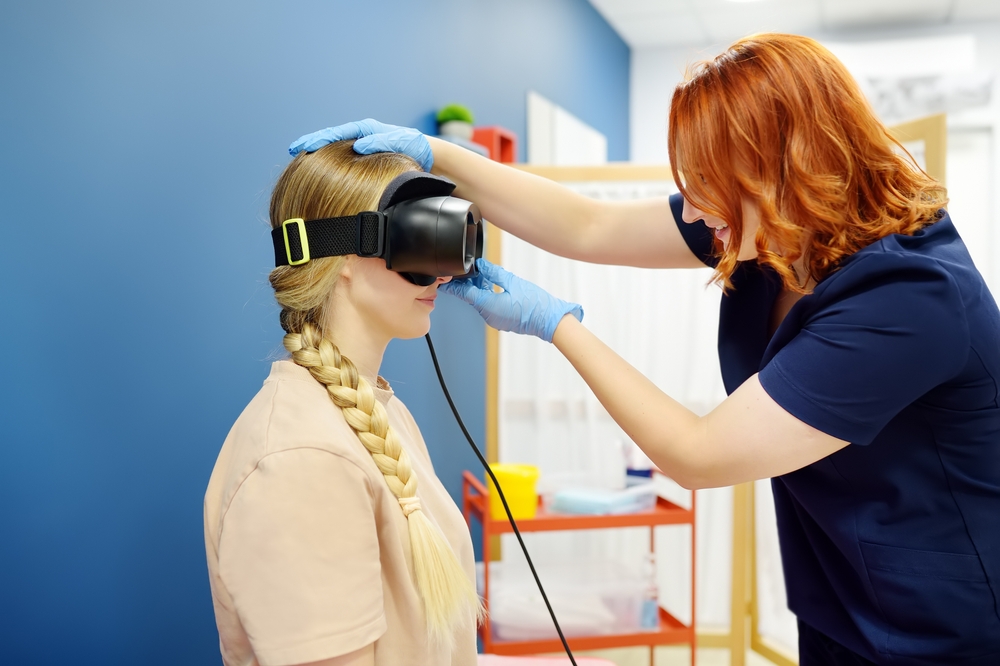
Emily will be collaborating with four students from Birkbeck, University of London: Helene Grandchamp des Raux, Isabel Risco Navarez, Milena da Silva Baiao, and project lead Maryam Haq. The V-STARS team is supervised by Professor Elisa Raffaella Ferrè, Head of the School of Psychology and Professor of Cognitive Neuroscience at Birkbeck, along with Dr Maria Gallagher, Lecturer in Cognition and Neuroscience at The University of Kent.
Speaking about the project, Emily said:
“It’s an incredible honour to have our work chosen by the ESA Academy Experiments programme, and we’re excited to begin. Our hope is to discover whether non-invasive brain stimulation can aid astronauts in adapting to weightlessness—potentially enhancing both their performance and wellbeing in space. It’s thrilling to merge my background in psychology with the field of space exploration.”

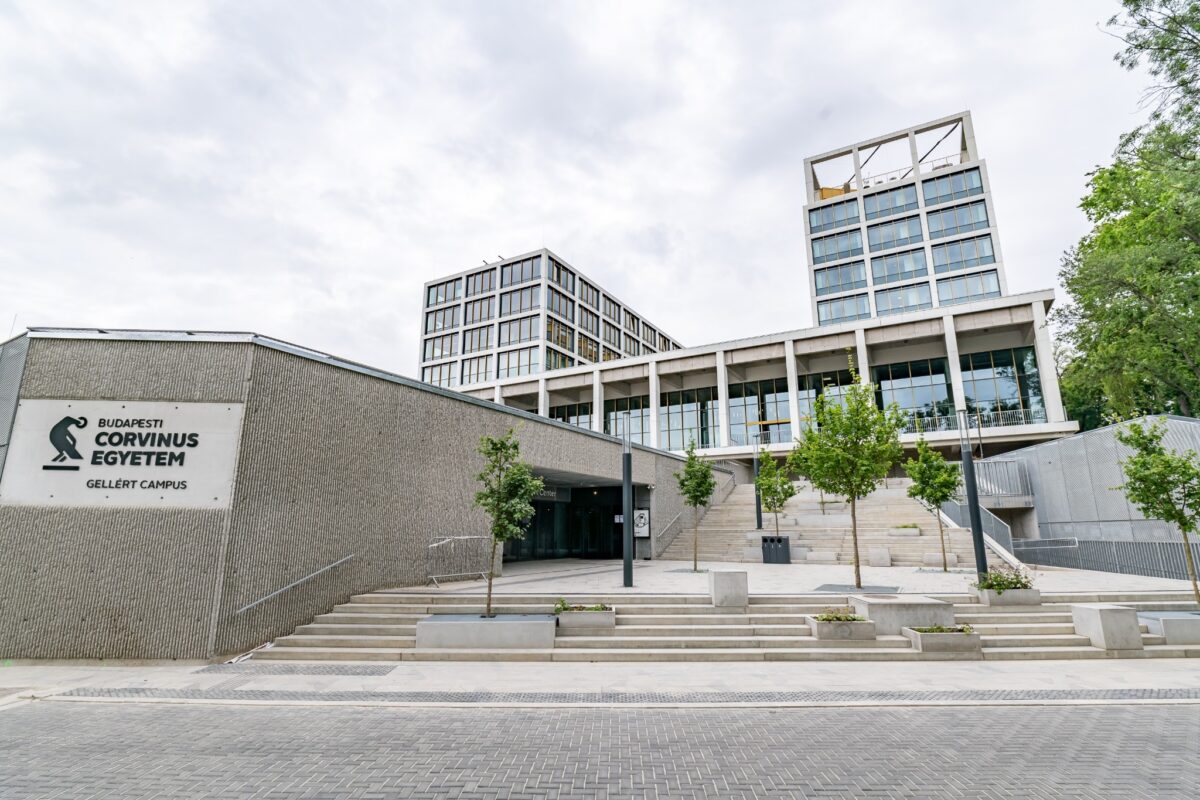
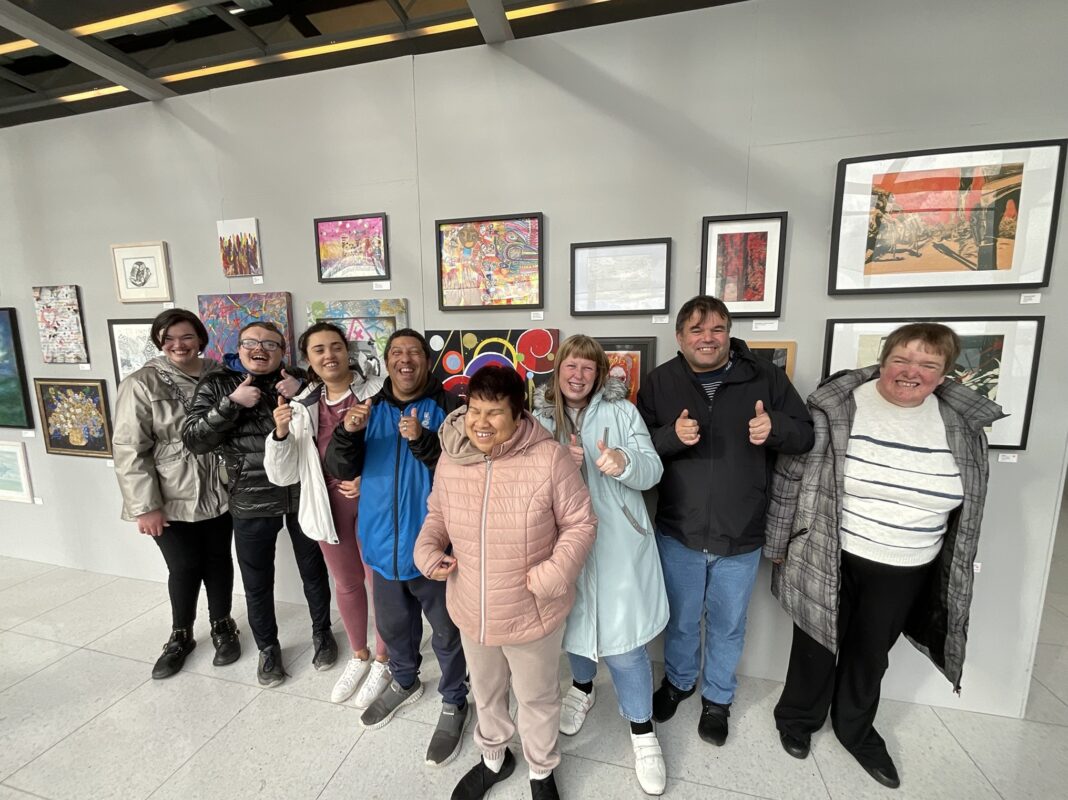
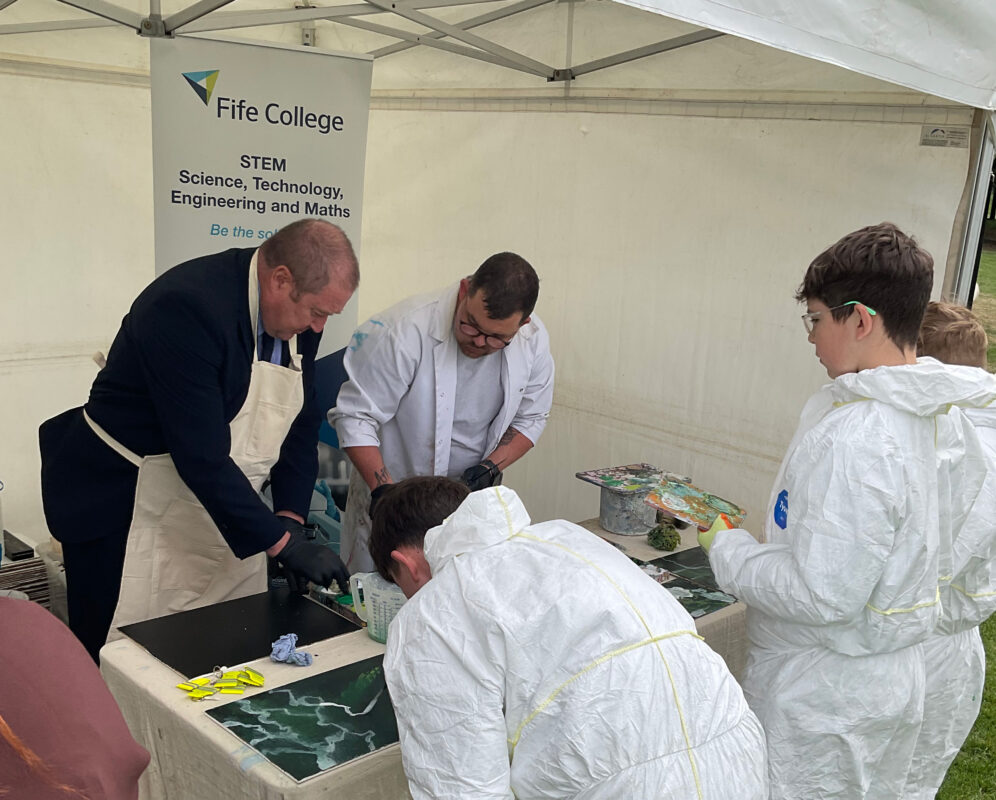
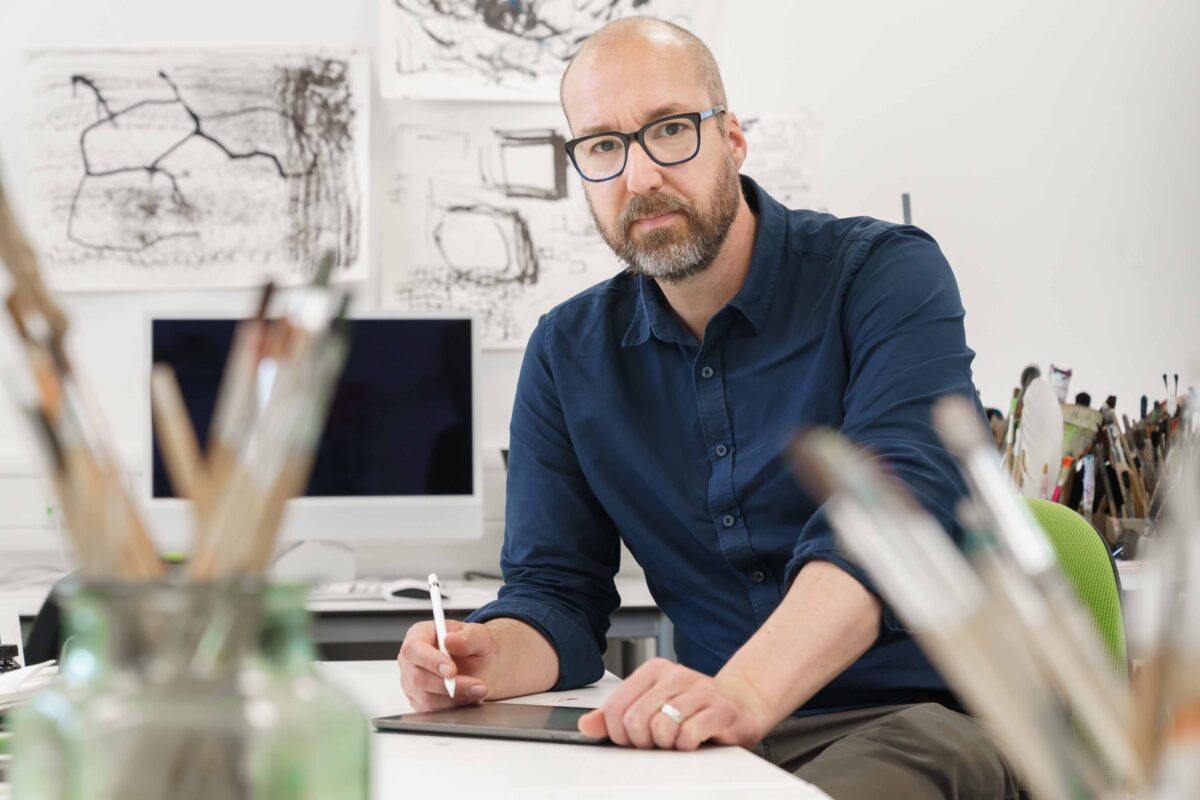
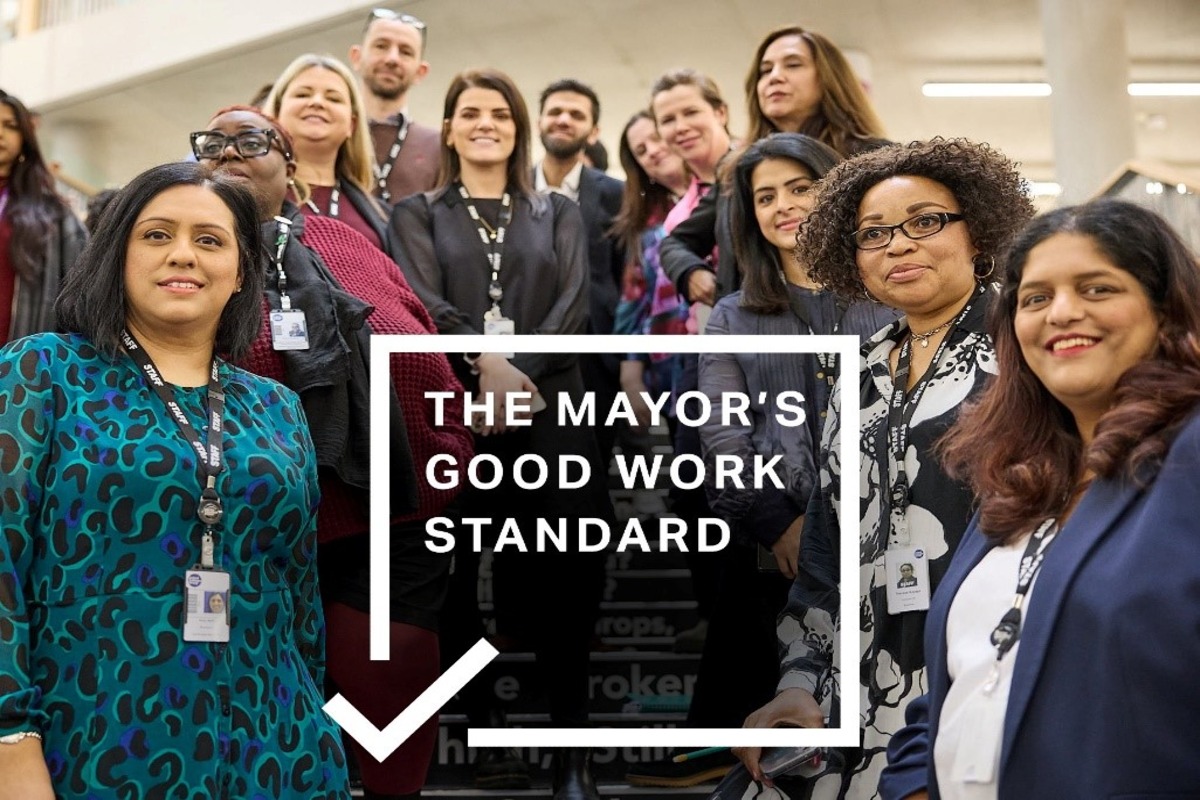
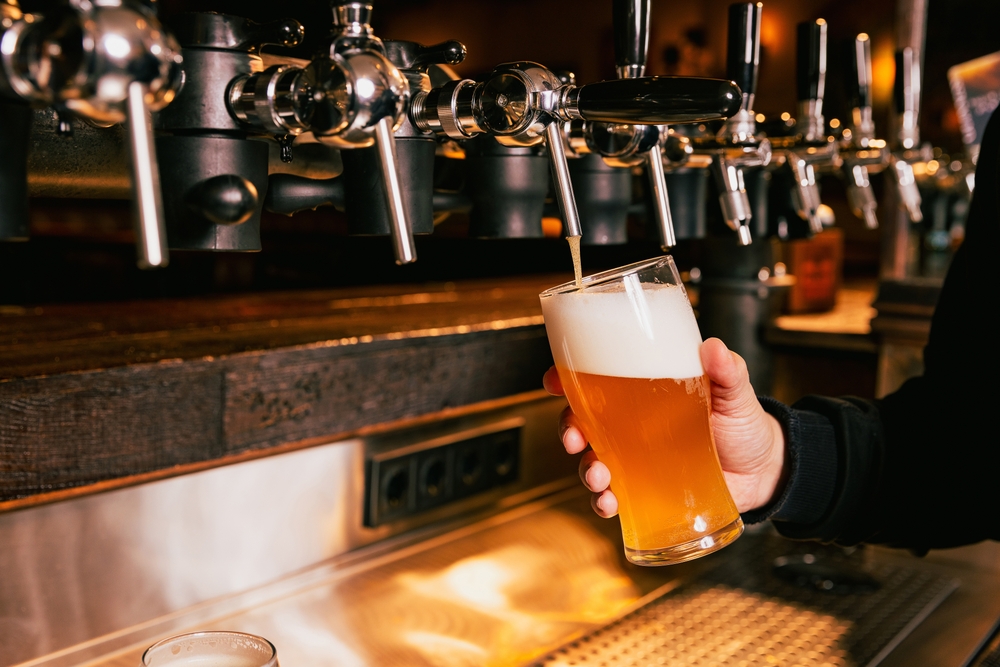
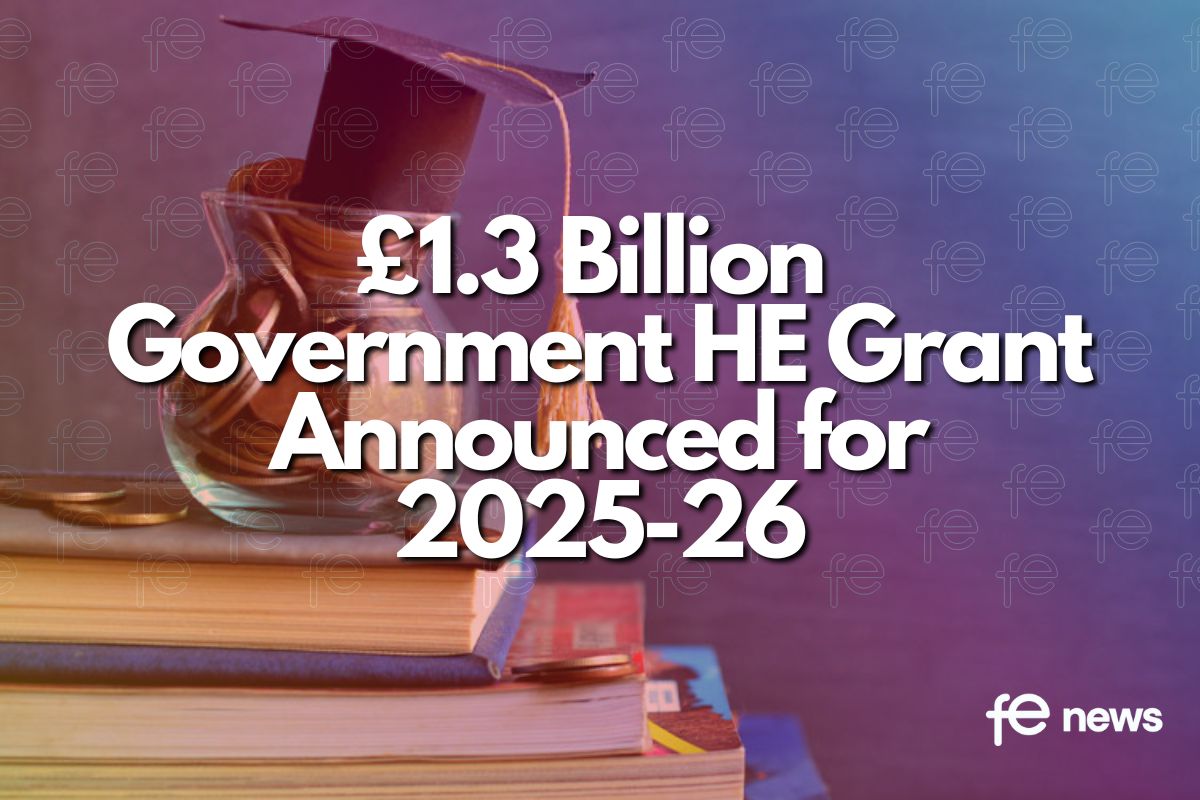

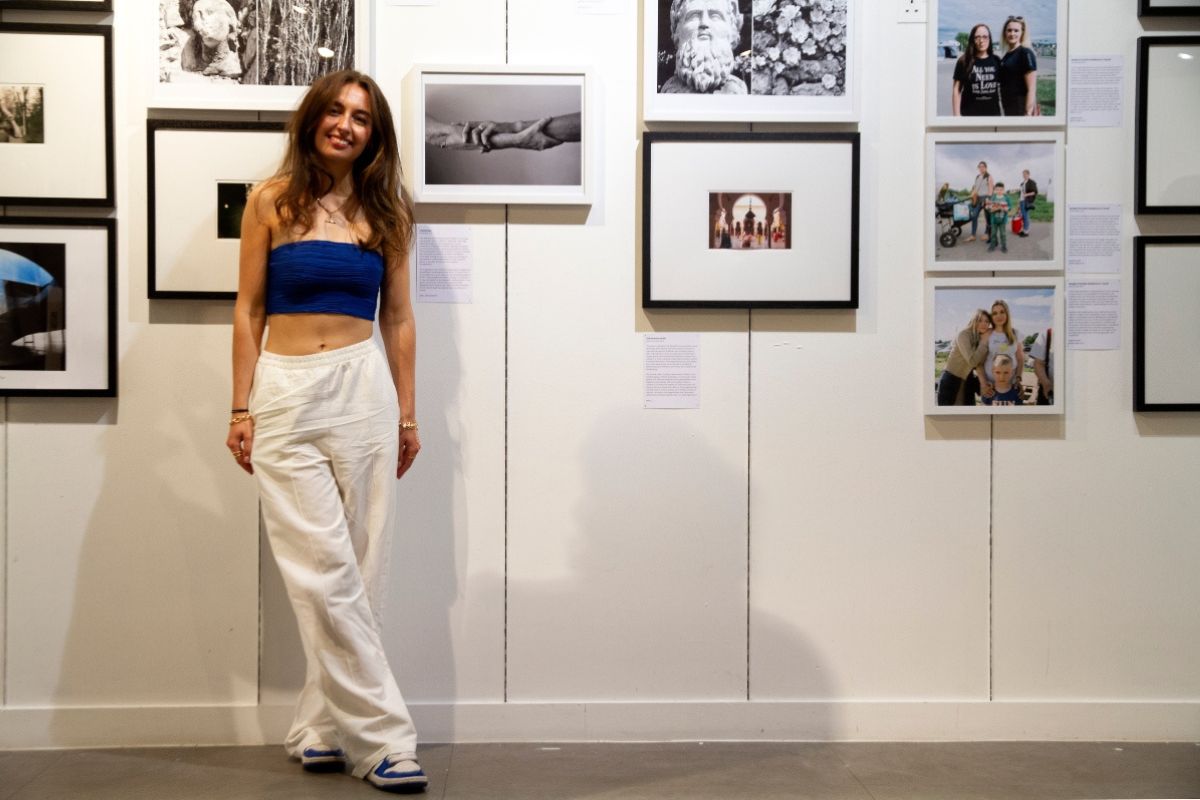
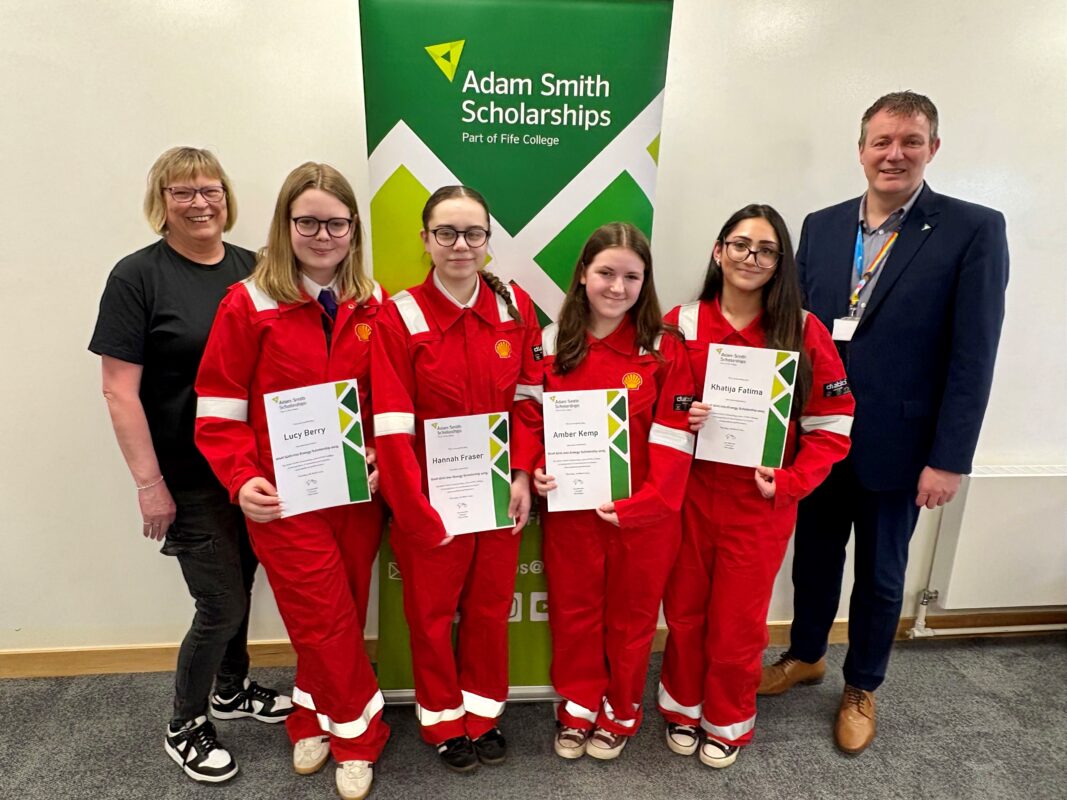
Responses